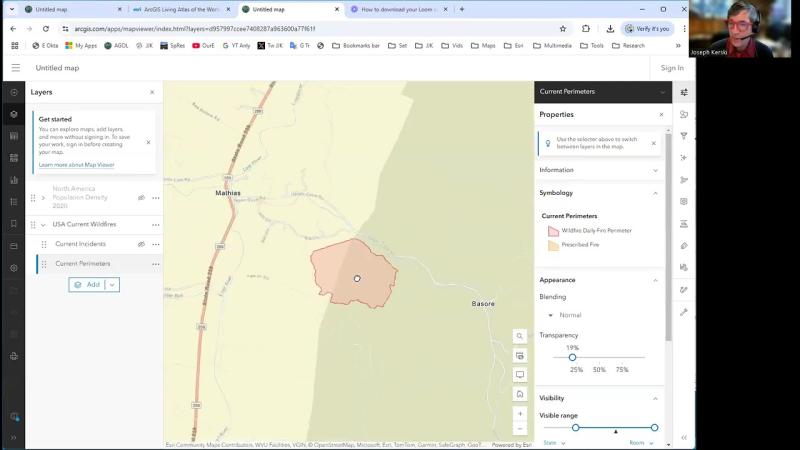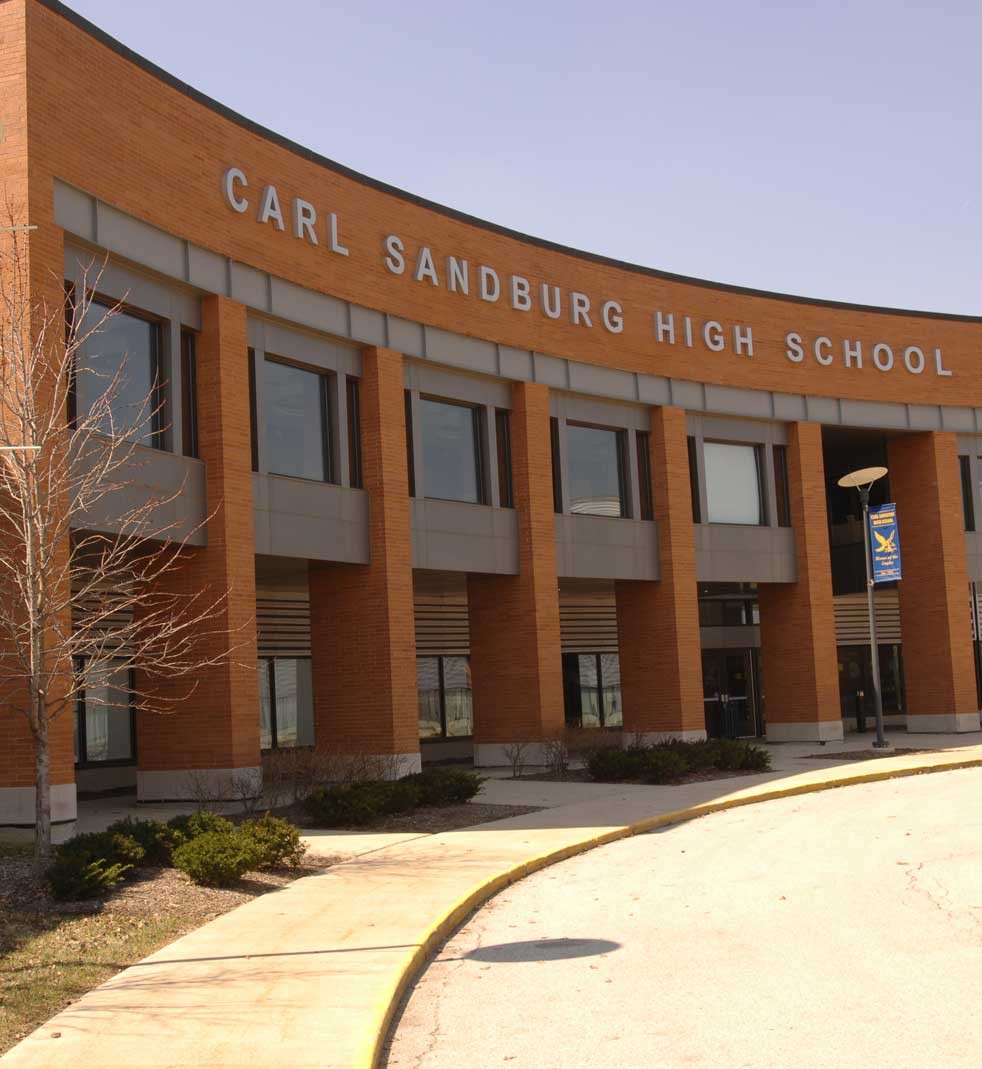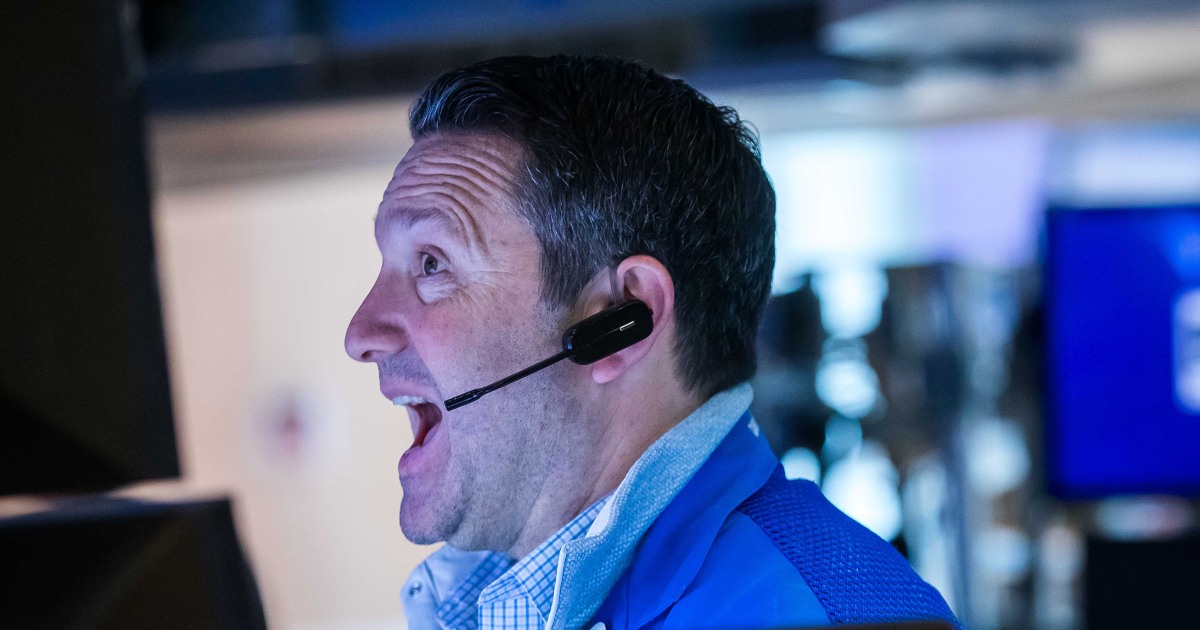The Rise Of Disaster Betting: Examining The Case Of The Los Angeles Wildfires

Table of Contents
The Mechanics of Disaster Betting: Understanding the Odds
Disaster betting markets, often operating online, function similarly to traditional sports betting. Individuals place bets on various aspects of a disaster's impact. For the Los Angeles wildfires, this could include betting on the total acres burned, the number of structures destroyed, the total insurance payouts, or even the specific areas most severely affected. Odds are set based on a complex interplay of factors.
- Weather patterns: Predictive models analyzing wind speed, humidity, and temperature significantly influence odds.
- Fire spread predictions: Sophisticated algorithms and data analysis from meteorological agencies and firefighting resources contribute to the odds calculation.
- Proximity to populated areas: The potential impact on lives and property directly influences the betting lines. High-density areas with significant property values will likely see higher stakes and altered odds.
Specific bet types mirror those in traditional gambling:
- Over/Under: Bettors predict whether the actual outcome (e.g., acres burned) will exceed or fall short of a set threshold.
- Moneyline: A simple bet on a specific outcome, such as which area will experience the most damage.
The role of algorithms and AI in setting these odds is crucial, raising questions about fairness and transparency within these markets.
Ethical and Moral Concerns: Gambling on Suffering
The ethical implications of disaster betting are profound. Profiting from the suffering of others raises serious moral questions. Is it acceptable to financially benefit from the devastation caused by a natural disaster?
- Exploitation and Insensitivity: Disaster betting can be seen as exploiting the vulnerability of disaster victims for personal gain, showing a shocking lack of empathy.
- Psychological Impact: For bettors, the normalization of tragedy through betting could lead to desensitization and a diminished sense of the gravity of these events. The act of profiting from such events could also carry psychological consequences for those directly or indirectly affected.
- Comparison to Other Questionable Gambling: Disaster betting shares similarities with other ethically problematic gambling activities, such as betting on human suffering or political events with significant human consequences.
The inherent insensitivity of such practices underscores the need for wider ethical considerations and societal debate.
The Economic Impact: Beyond the Bets
The economic impact of disaster betting extends far beyond individual bettors. While some argue increased liquidity in certain markets could provide economic benefits, potential risks outweigh any perceived advantages.
- Market Manipulation and Fraud: The potential for manipulating outcomes or engaging in fraudulent activities within disaster betting markets presents a significant concern.
- Insurance Industry Exposure: Insurance companies face potential exposure to massive payouts influenced by these betting markets, potentially impacting premiums and the stability of the insurance industry.
- Impact on Insurance Premiums and Payouts: The correlation between disaster betting and insurance claims requires closer investigation. An increase in claims due to increased disaster severity (potentially influenced by external factors) could lead to higher insurance premiums for everyone.
A thorough cost-benefit analysis is necessary to fully understand the economic implications of this growing trend.
The Regulatory Landscape: A Gap in Oversight?
The current regulatory landscape surrounding disaster betting is largely undefined and fragmented. Many jurisdictions lack specific legislation addressing this emerging form of gambling.
- Current Laws and Regulations: Existing gambling regulations often fail to specifically address the unique ethical and practical challenges posed by disaster betting.
- Potential Areas for Legislative Action: The need for clear legislation prohibiting or severely restricting disaster betting is evident. This might include specific definitions, penalties for participation, and measures to prevent market manipulation.
- International Differences: Regulatory approaches to gambling vary widely across countries, leading to potential legal loopholes and jurisdictional challenges in tackling disaster betting on a global scale.
Closing these regulatory gaps is crucial to prevent the further growth and normalization of this ethically problematic activity.
Conclusion: Addressing the Growing Threat of Disaster Betting
The rise of disaster betting, exemplified by the troubling trend surrounding the Los Angeles wildfires, represents a significant ethical, social, and economic challenge. The normalization of profiting from human suffering demands urgent attention. This practice raises serious concerns about exploitation, insensitivity, and potential market instability.
The Los Angeles wildfire case study highlights the pressing need for stricter regulations. We must advocate for clear legislation to protect vulnerable communities and prevent the normalization of profiting from tragedy. Further research and open discussion are essential to fully understand and address the implications of disaster betting. We urge everyone to promote responsible gambling and discourage participation in these morally questionable markets, choosing instead to focus on supporting disaster relief efforts and rebuilding affected communities.

Featured Posts
-
 Open Ais Chat Gpt Under Ftc Scrutiny A Deep Dive Into The Investigation
Apr 24, 2025
Open Ais Chat Gpt Under Ftc Scrutiny A Deep Dive Into The Investigation
Apr 24, 2025 -
 High California Gas Prices Governor Newsoms Urgent Call To Action
Apr 24, 2025
High California Gas Prices Governor Newsoms Urgent Call To Action
Apr 24, 2025 -
 Impact Of Chinas Rare Earth Export Controls On Teslas Optimus Robot Project
Apr 24, 2025
Impact Of Chinas Rare Earth Export Controls On Teslas Optimus Robot Project
Apr 24, 2025 -
 E Bay And Section 230 A Case Study On Banned Chemical Listings
Apr 24, 2025
E Bay And Section 230 A Case Study On Banned Chemical Listings
Apr 24, 2025 -
 Dow Rallies 1000 Points Stock Market Update And Analysis
Apr 24, 2025
Dow Rallies 1000 Points Stock Market Update And Analysis
Apr 24, 2025
